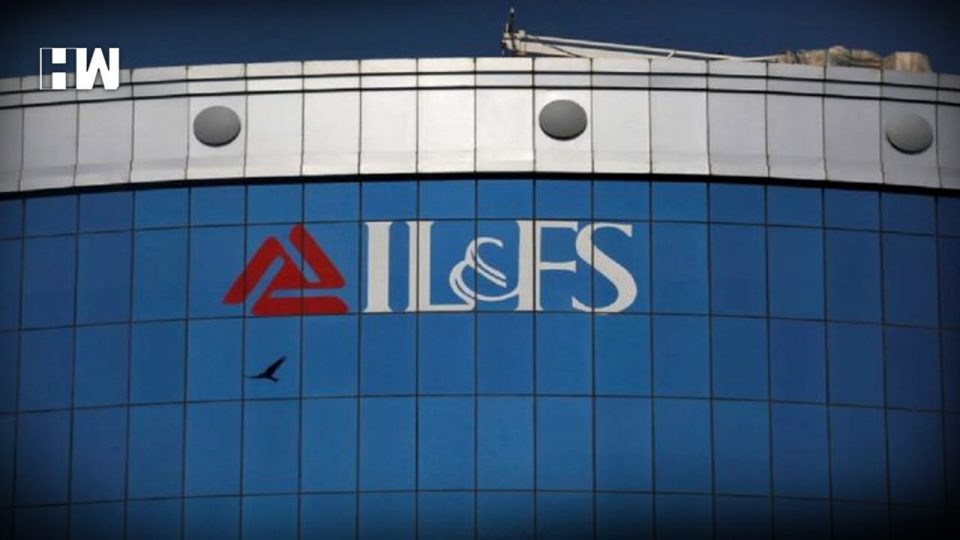Mumbai | The IL&FS crisis points out to risk to systemic stability from financial conglomerates (FCs) and there is a need for “closer attention” on their oversight framework, the Reserve Bank of India (RBI) said on Monday.
In its half-yearly Financial Stability Report, the RBI said FCs pose “clear risks” as intra-group transactions “create opportunities for regulatory arbitrage” through bypassing regulations related to exposure norms. “The framework for oversight of FCs requires closer attention,” Governor Shaktikanta Das said in his foreword to the report.
At present, the oversight of FCs is being carried out by an Inter Regulatory Forum for monitoring Financial Conglomerates (IRF-FC), which is one of the four working groups set up under the Financial Stability and Development Council (FSDC). The report said even though the current practices meet the global banking norms, there is a scope of improvement in this area. “There is possibly some scope to further fine-tune them to Indian conditions to identify relevant FCs, incorporate market-based feedback in FC assessment and have proportionate triggers for timely action,” it said.
The comments come months after the diversified financial conglomerate IL&FS started defaulting on its commitments. It has an overall debt of over Rs 94,000 crore. The crisis had an impact on the wider financial markets as risks from possible asset liability mismatches at other NBFCs got recognised. The government moved in and replaced the board with one led by banker Uday Kotak, which found a complex web of over 300 subsidiaries.
The episode which caught everybody off-guard led to questions over the regulatory oversight on such entities. Some said the absence of public deposits being at play directly may have led to the regulatory oversight.
The RBI said all FCs are now required to present a host of data, including intra group transactions, on a quarterly basis. A revised financial conglomerate returns format is in the working and it aims to capture all the borrowings made by each group entity in an FC, it said. Bifurcation in terms of short-term borrowings of up to one year and long-term borrowings will also be obtained, it said, adding this will help ascertain the dependence of the FCs group entities on banks and short-term borrowings.
While the present system is exhaustive, it is backward looking and may not capture emerging risks and vulnerabilities adequately, the report acknowledged. It also noted changes being undertaken by capital markets watchdog Sebi on the credit rating agencies. At least three agencies had given A or above rating to IL&FS, which had to be cut massively following the default.
A risk-sensitive FC oversight regime where the intrusiveness of oversight of FCs is proportionate to a combination of the size of the entity, and the likelihood of an adverse event, may help make remedial measures more timely, the RBI report said.
As an independent media platform, we do not take advertisements from governments and corporate houses. It is you, our readers, who have supported us on our journey to do honest and unbiased journalism. Please contribute, so that we can continue to do the same in future.

